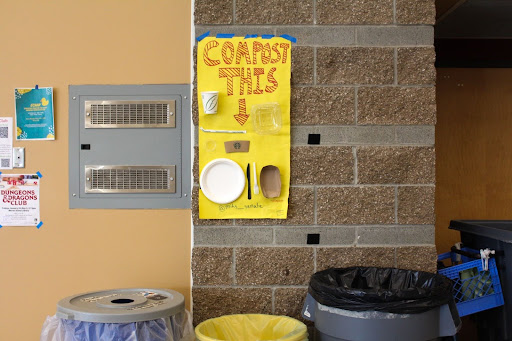
Environmental sustainability is increasingly a top priority in the Mercer Island School District (MISD), and many changes have been implemented to raise awareness about sustainability in the community.
Part of this initiative to be more sustainable includes the Green Team, MIHS’ environmental sustainability club. Every school in MISD has a Green Team, and they are persistently looking for ways to decrease the schools’ negative impact on the environment.
MISD works with the King County Green Schools Program, a program that helps over 300 schools in the Seattle area improve their sustainability. MIHS is on the highest level of the program, meaning it has completed all the steps of conservation, including reducing waste and conserving energy and water. The main priority of the school now is to keep up with these practices and keep them sustainable.
The first step in improving sustainability is to evaluate the district’s biggest contributors to emissions, which mainly come from food waste and gas emissions.
“The number one contributor [to climate change] here at the school is our eating practices,” Green Team advisor Jamie Cooke said. “When you eat from less sustainable items such as meat, chicken or beef for instance, it requires a huge amount of resources and a lot of greenhouse gasses to sustain the beef that we consume.”
School buses are also a major source of carbon emissions, prompting the school to start switching over to electric vehicles.
“This year we bought two electric buses. The buses are a contributor, but it is better than having each family driving their students to school,” MIHS Capital Projects Coordinator Kathy Zurawski said.
Other recent changes have included reducing the use of gas and electricity by switching to LED lighting in 95% of school district buildings, and scheduling the lights of the buildings to be on only when needed.
A large amount of emissions come from personal appliances such as mini-fridges and microwaves, and Zurawski wants to double down to reduce the use of these. Although these don’t seem like big problems, they add up throughout the school and district to be a leading cause of emissions.
The Green Team is always doing their part to make changes like these, and these changes come in many different sizes but are all beneficial to the school in different ways.
“Through our program and the green schools, our school was awarded a large grant to replace the boiler, which increased our efficiency for energy usage,” Cooke said. “We help promote the district’s push especially for energy conservation on ways we can preserve energy, especially over breaks, weekends and eventually everyday practices.”
The Green Team occasionally partners with companies in the area as well.
“Last year we did a program promoting Ridwell, a company that can collect plastic that technically is not recyclable in King County, but they will collect it and there they work with partners that can recycle it,” Cooke said. “It’s a one time recycle thing, but it removes it from the landfill. That was something I think we’re gonna be promoting again this year.”
The Green Team also creates posters and organizes events to educate students on topics and promote things such as composting, carpooling, and turning off lights when leaving a room.
In order to keep track of which areas need improvement and which have been successful, the school has to be constantly cautious of emissions.
“We collaborate with the school, the administration, the staff and the district to help maintain our district-wide goals and our school’s goals of being more sustainable,” Cooke said.
Some of these goals include reducing water consumption, plastic use and educating students about the impact they can make.
“I think elementary schools have done a really good job, with a smaller number of students and some parent support, to really monitor and guide those students, and I feel that those good practices are lost over time and especially when students come here to the high school,” Cooke said. “We just want to instill these practices and promote the importance of it.”
Cooke encourages students to keep up with sustainable practices as much as possible and to be conscious of how their actions impact the environment.


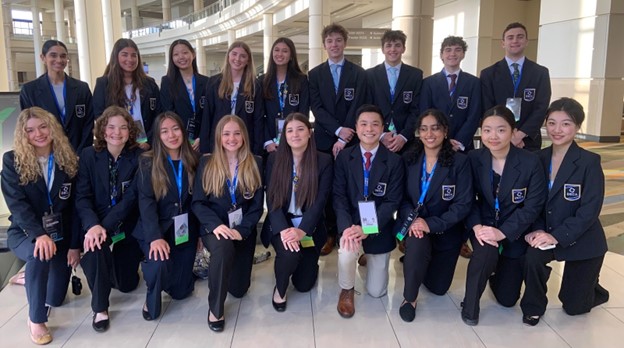


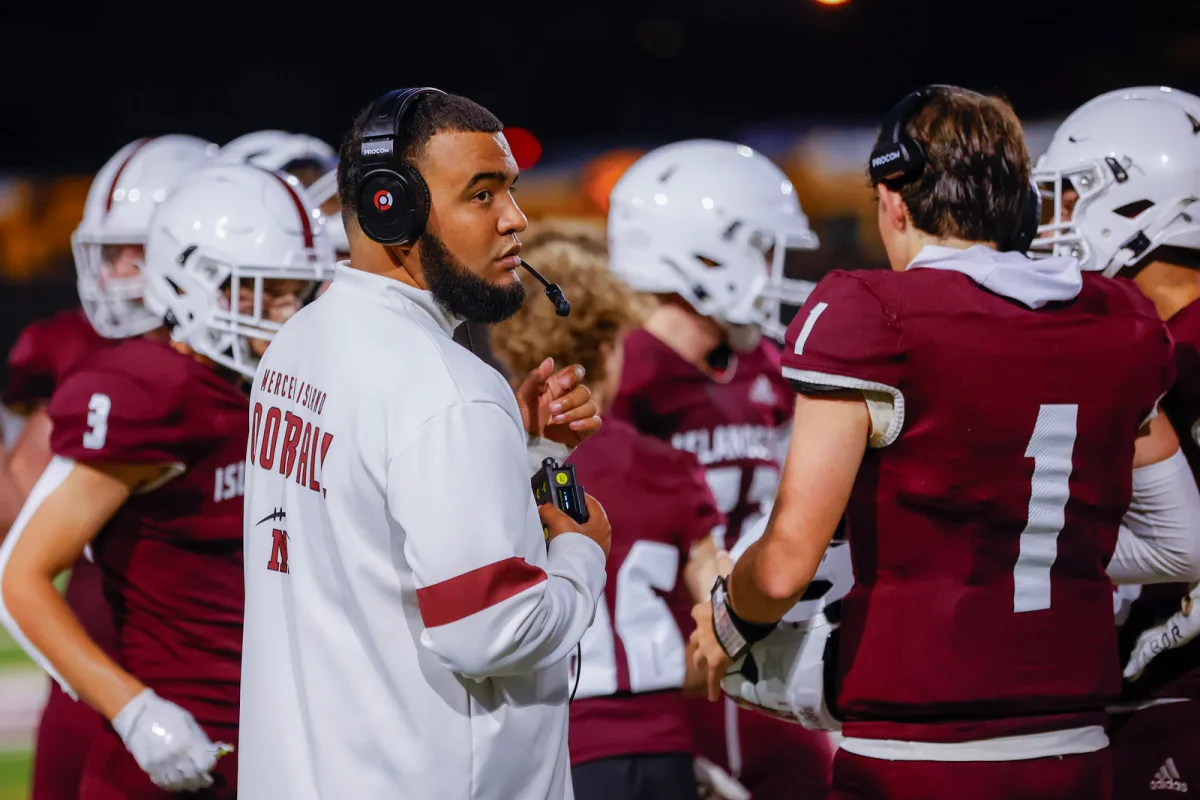
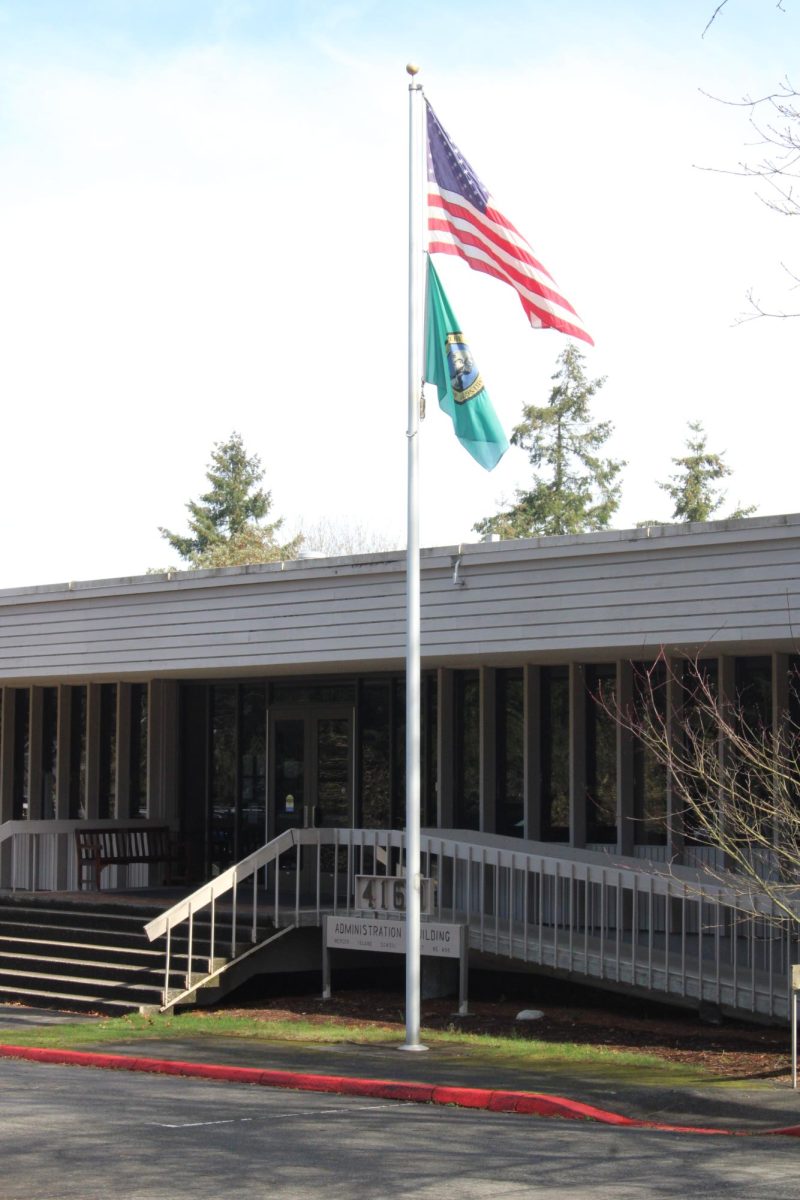
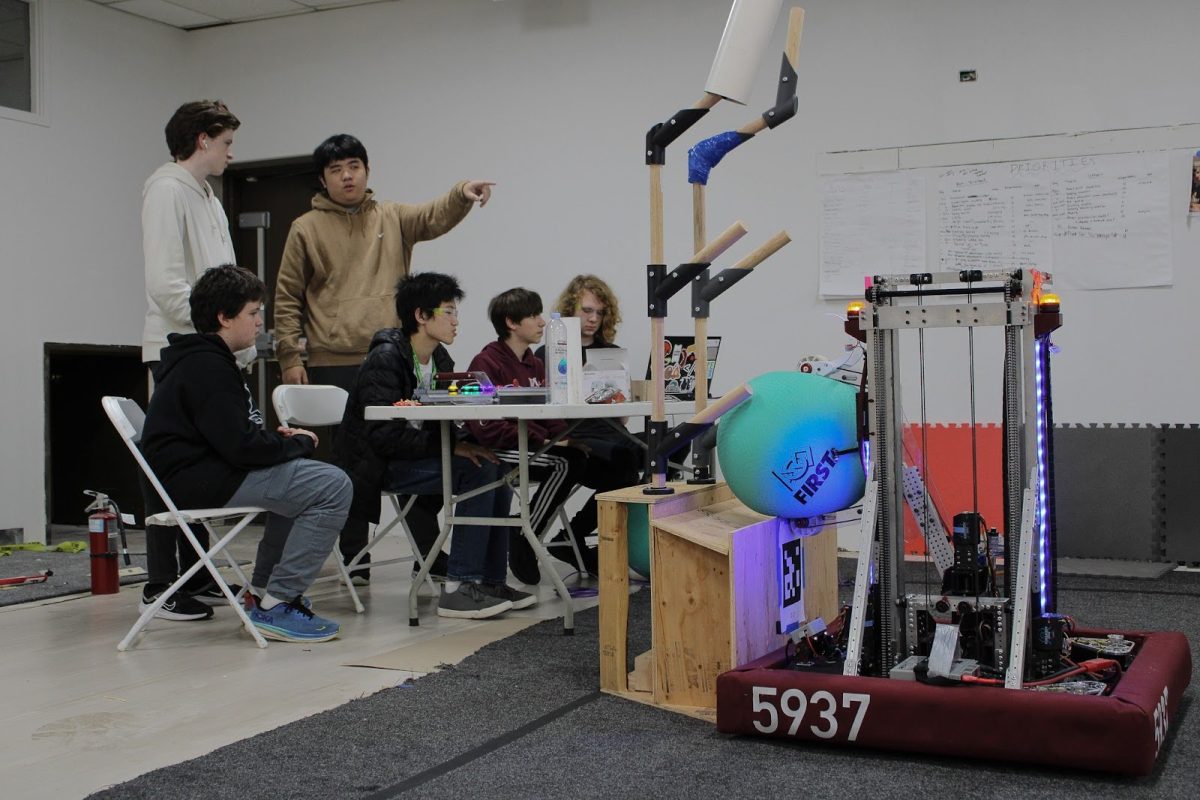
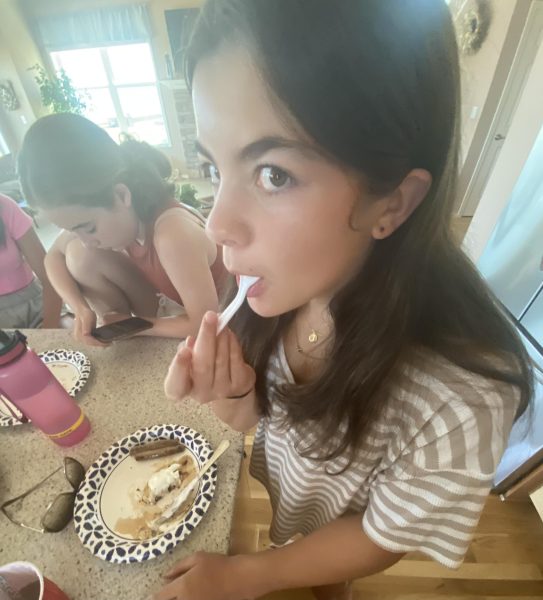
Jean-Louis Robadey • Apr 4, 2024 at 11:00 pm
This is an excellent and very comprehensive overview of the school’s and district’s efforts. Thank you.